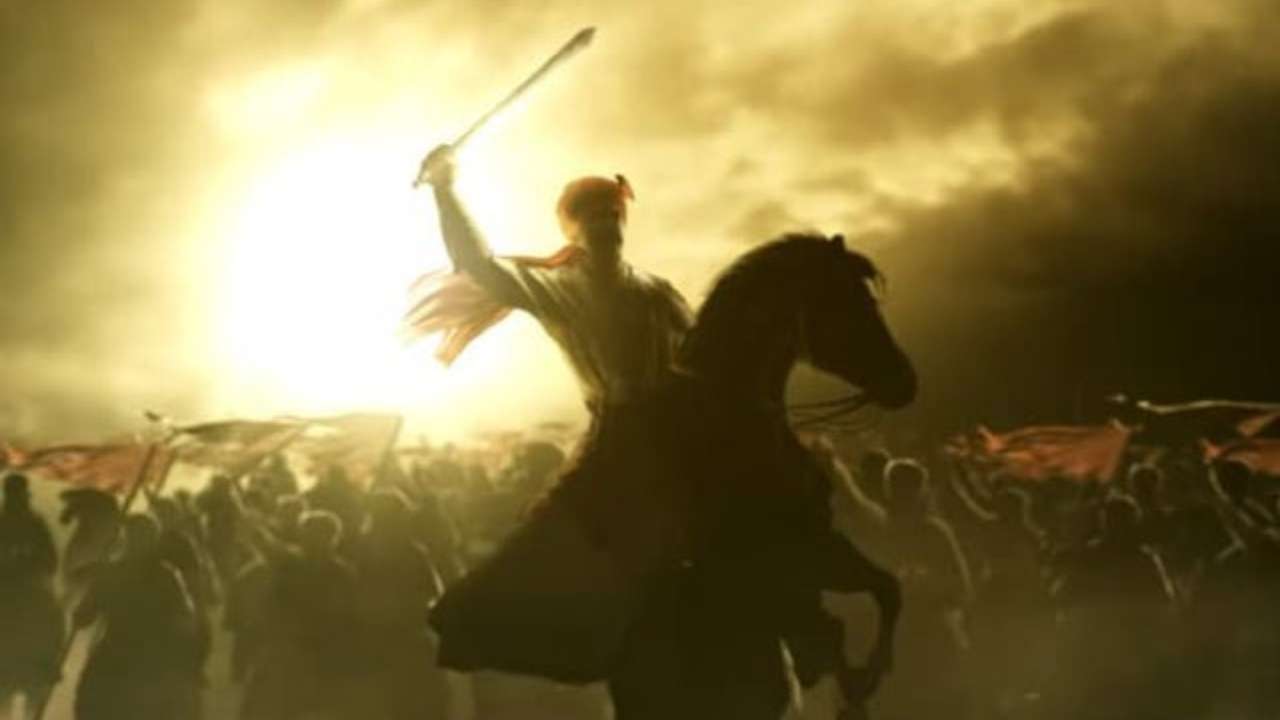
While the work was completed in 1336 CE, the part that mentions Prithviraj was written around 1250 CE. Prithviraj has also been mentioned in Kharatara-Gachchha- Pattavali, a Sanskrit text containing biographies of the Kharatara Jain monks. These were composed centuries after his death, and contain exaggerations and anachronistic anecdotes. Other chronicles and texts that mention Prithviraj include Prabandha-Chintamani, Prabandha Kosha and Prithviraja Prabandha. However, it contains many exaggerated accounts, much of which is not useful for the purposes of history. Prithviraj Raso, which popularized Prithviraj as a great king, is purported to be written by his court poet Chand Bardai.

Prithviraja Vijaya is the only surviving literary text from the reign of Prithviraj. These texts contain eulogistic descriptions, and are, therefore, not entirely reliable. These include Prithviraja Vijaya, Hammira Mahakavya and Prithviraj Raso. Besides the Muslim accounts of Battles of Tarain, he has been mentioned in several medieval kavyas (epic poems) by Hindu and Jain authors. Much of the information about him comes from the medieval legendary chronicles. The extant inscriptions from Prithviraj's reign are few in number and were not issued by the king himself.

He ruled Sapadalaksha, the traditional Chahamana territory, in present-day north-western India. 1178–1192 CE), popularly known as Prithviraj Chauhan or Rai Pithora was a king from the Chahamana (Chauhan) dynasty. Prithviraja III ( IAST: Pṛthvī-rāja reign.


 0 kommentar(er)
0 kommentar(er)
